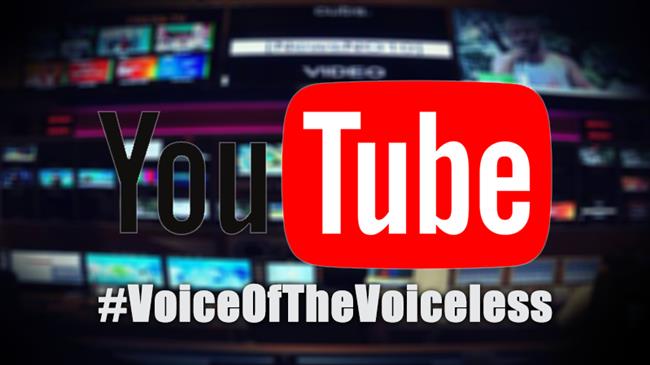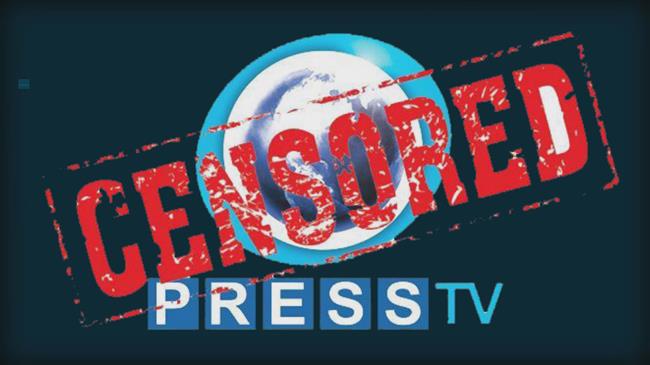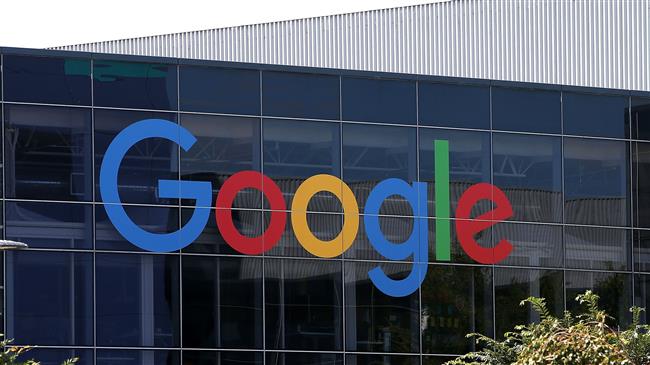US behind Google blocking of Press TV, Hispan TV accounts: Pundit
The United States government is behind Google’s decision to block Press TV and Hispan TV's access to their official accounts, says an academic, adding that Washington seeks to prevent the voice of alternative media from being heard.
“Google Company is basically carrying out the instructions that the US government is giving them. The problem is your message. You are an alternative voice, you are providing content that is not available in corporate media in the United States, you are presenting facts, you are staying away from fake news, you are staying away from Zionist-controlled propaganda when it comes to Israel, you are basically an independent outlet and the US government does not like that,” Foad Izadi, a professor at the University of Tehran, told Press TV in an interview on Friday.
Google has blocked Press TV and Hispan TV's access to their official accounts on the technology company's platforms, including YouTube and Gmail, without prior notice, citing “violation of policies”.
Google has so far refused to provide any explanation for disabling Press TV’s account.
The Google ban seems to be in line with the US government’s stepped-up pressure on Iran and an all-out propaganda campaign against the country, which includes targeting Iranian media.
Meanwhile, another analyst told Press TV that Google and YouTube will carry out the US government’s instructions because they are "beholden" to Washington for their access to millions of people around the world.
“This is a disconcerting development but not a surprising one, because vast companies like Google and YouTube are privately owned. They are not independent of the American government. The American government allows Google and YouTube to play an extremely prominent role in the everyday lives not just of Americans but of the people around the world, and because of that permission, there comes a price. So in essence, Google and YouTube are beholden to the American government so when the American government … [asks] them to do something, Google and YouTube will do that because they don’t want to jeopardize the access that they have to hundreds of millions of people around the world,” said Marcus Papadopoulos, editor of Politics First.
Read more:
‘All wars have rules. All of those rules have been broken’ by Israel
VIDEO | Report flags India’s violation of rights of Rohingya detainees
Turkey's foreign minister meets Syria's de facto leader in Damascus
'Next to impossible' to rescue patients from Gaza's Kamal Adwan Hospital: Director
VIDEO | Vietnam current prosperity
Report blames gasoil exports for shortage at Iranian power plants
VIDEO | Hind Rajab Foundation names Israeli war criminals vacationing after Gaza genocide
VIDEO | Australians rally for Gaza ahead of Christmas festivities










 This makes it easy to access the Press TV website
This makes it easy to access the Press TV website